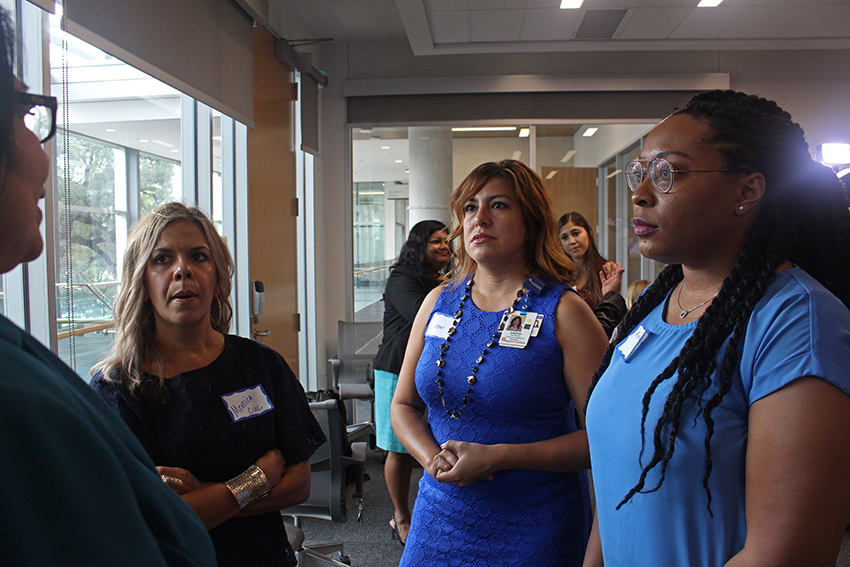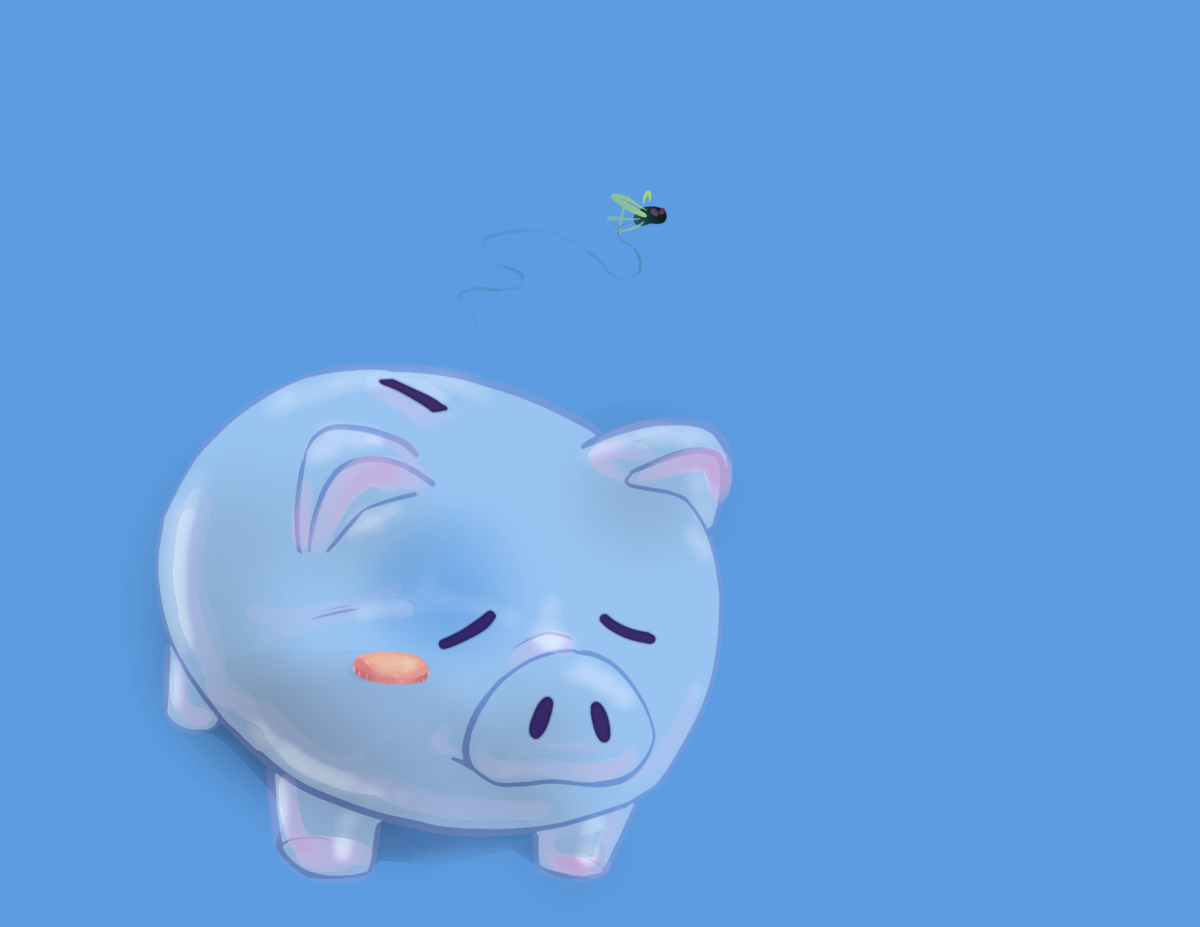With flu season around the corner, the Dell Medical School advises everyone to get their flu shot as soon as possible to prevent last year’s influenza outbreak from reoccurring.
“If we have more people immunized in our community, we’re less likely to have a major outbreak,” said Clay Johnston, dean of the Dell Medical School. “It’s actually a community good as much as it is a personal good.”
Herd immunity — the act of immunizing others — is a critical step in protecting the community from getting infected, and it is particularly important for students to get immunized to not spread the illness, Johnston said at a press conference on Wednesday.
“One of the things about college students is they live densely … and interact a lot,” Johnston said. “They’re in classes together, (and) they live together. So when there’s a bad flu season, they’re particularly susceptible to it.”
Johnston said people should try to get their shot before the end of October to maximize their protection throughout the flu season.
University Health Services will begin administering flu vaccines on Sept. 25, said Kathy Mosteller, associate director for nursing and clinical operations.
“We encourage everybody to come get a flu shot,” Mosteller said. “Between fall of 2017 and spring of 2018, we had 651 cases of diagnosed flu. It was pretty significant.”
Last year’s influenza outbreak shows how dangerous it can be when people do not get vaccinated, said Philip Huang, medical director and health authority for Austin Public Health.
“We had a surge of hospitalizations (in central Texas),” Huang said. “We had the highest number of deaths … in 10 years. We had 49 deaths by the end of March.”
Although flu shots may not always be effective in counteracting the strain of influenza spreading in a community, the vaccine can still be helpful, Huang said.
“Even during years when the vaccine isn’t the best match for what’s circulating, it’s still really important to get the flu vaccine because it actually decreases the severity in people who do still get infected,” Huang said.
Some people avoid or forget about flu vaccines because they have forgotten what outbreaks were like for past vaccine-preventable diseases, such as polio and the measles, Huang said.
“We’re a victim of our own success,” Huang said. “There are doctors and parents and nurses who never saw how bad it was, so they start to question it … For whatever reason, some people don’t choose to believe the science.”





















